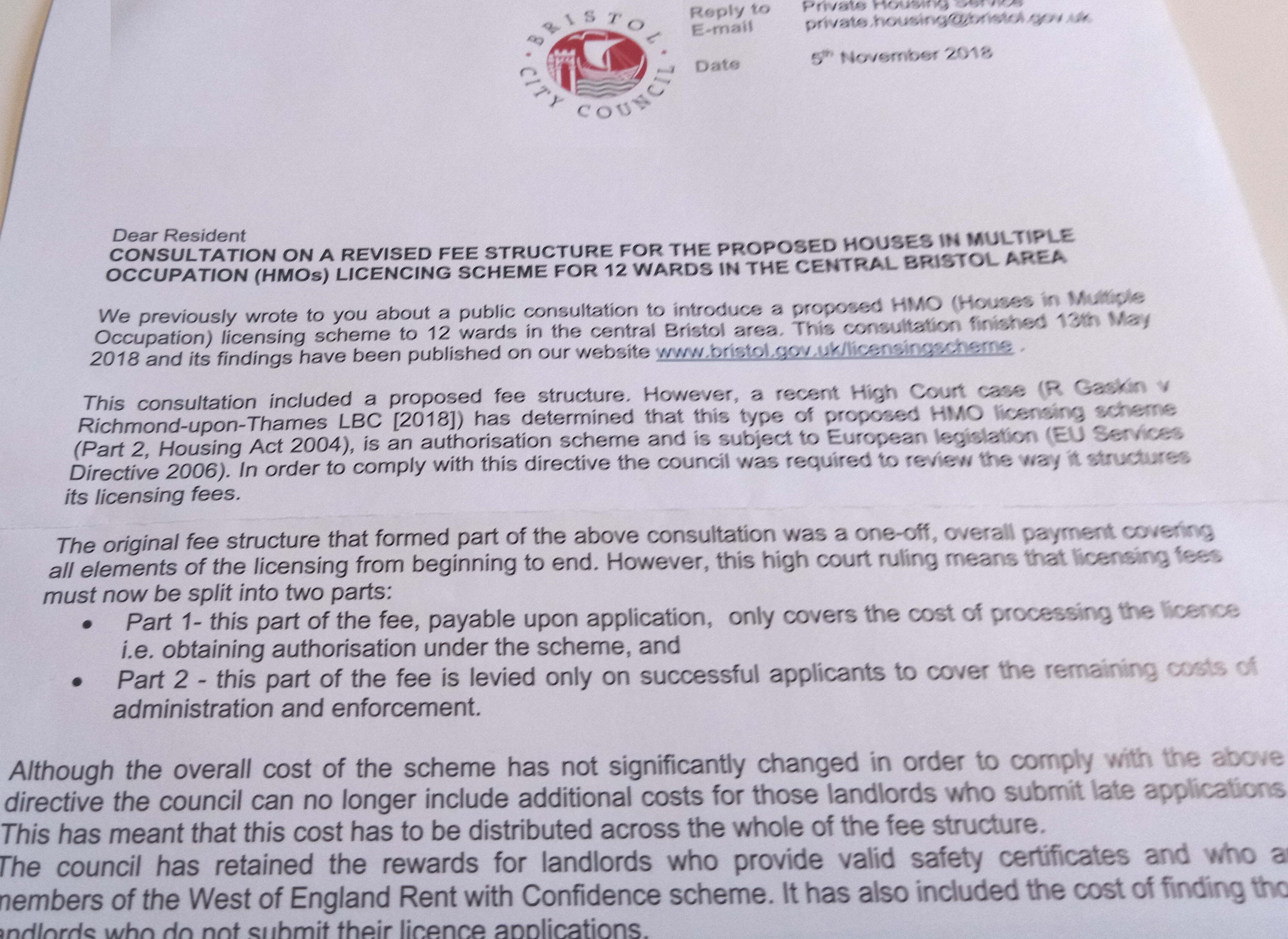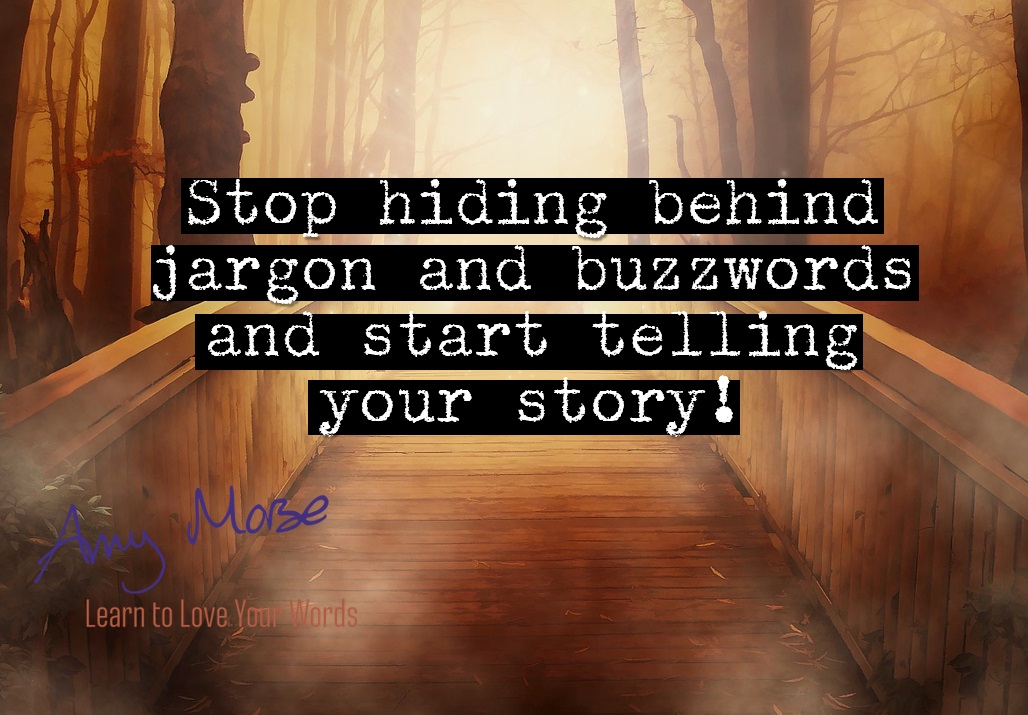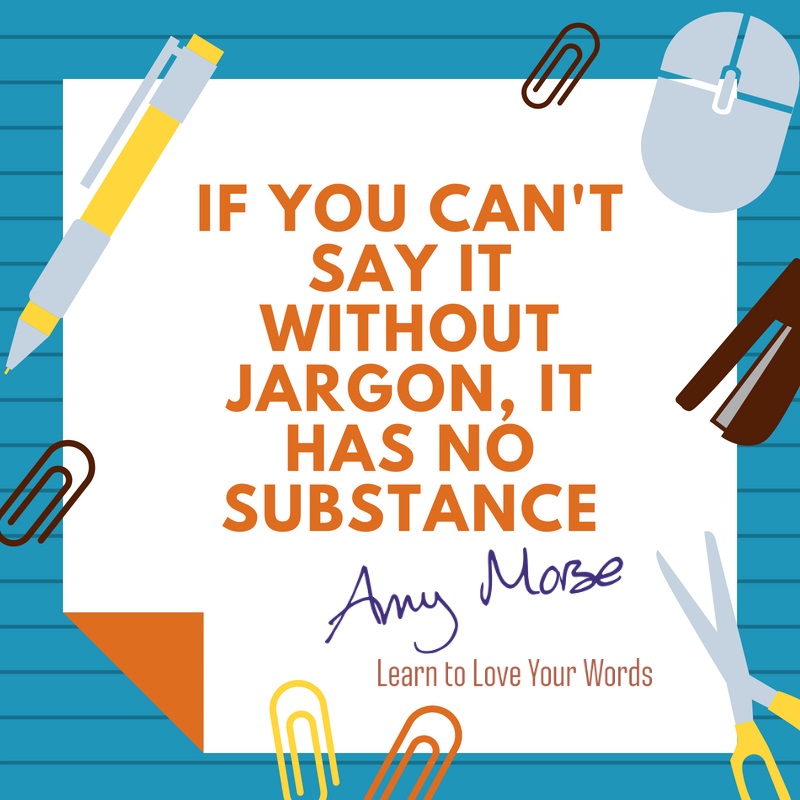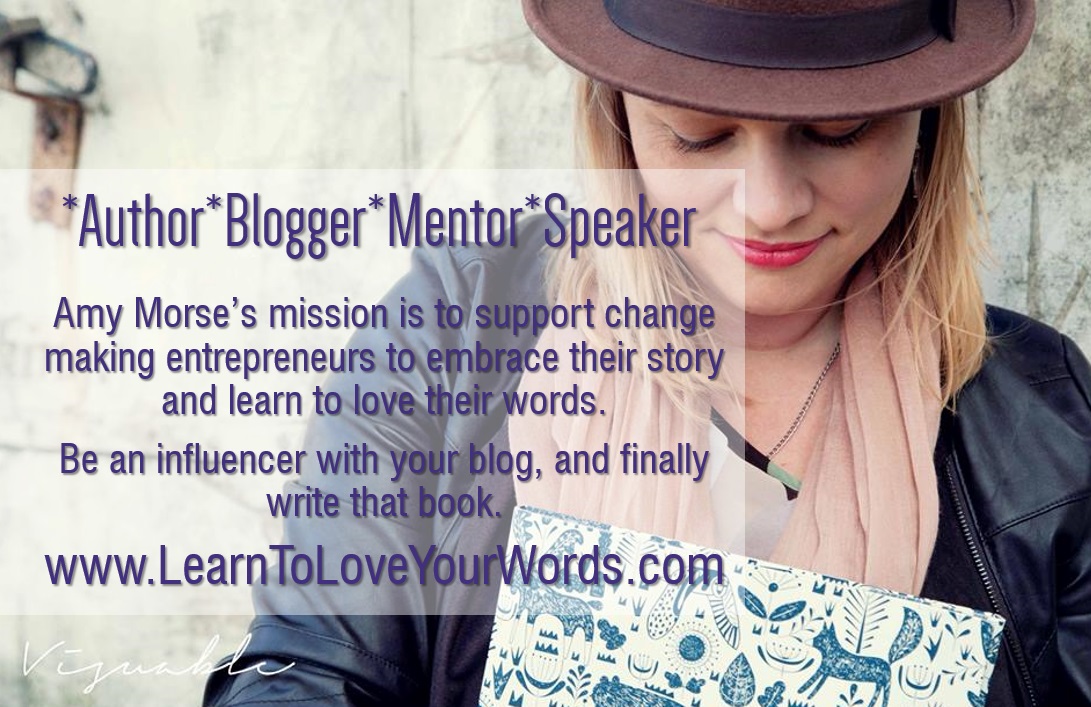A letter drifted through my letterbox from Bristol City Council.
Now, I’d consider myself to be a reasonably literate and educated person. I’m no brain of Britain, but as a word weaver, it takes a lot for me to struggle to interpret a piece of writing. However, this particular letter is epic…

All I can deduce from this letter is that as I am not a landlord or a tenant, this probably does not apply to me – thank goodness! If it did I’d be a gibbering wreck trying to penetrate this horrible lump of meaningless words.
It’s almost as if the council have made it deliberately difficult to understand so people don’t bother to get involved with the consultation!?
I hate jargon!
That’s why ‘J’ is for ‘Jargon’ on my A to Z of Blogging.

Trying to impress us with your verbosity and acronyms isn’t big and it isn’t clever. Stop it!
If you can’t get your point across without using it, what value are you actually adding?
If you can’t say it in simple English, frankly, don’t bother saying it!

Einstein is quoted as saying, “If you can’t explain it to a six-year-old, you don’t understand it.”

Go Jargon-Free
Writing Jargon-free is not about dumbing down your message, it’s about making it accessible to your audience.
The language, terminology, acronyms and corporate code you use within your organisation doesn’t make sense to people outside of that bubble.
Ordinary humans don’t push on envelopes or let their thoughts out of boxes!
In fact, even within organisations, assuming people know the acronyms and jargon you use is asking for a communications breakdown!
Jargon isn’t just impenetrable for people outside of your organisation or your sector, but it’s also inherently discriminatory against people with learning disabilities.
Last month, I met with Beth Richards at University of Bristol.
Beth is working on a project for the School for Policy Studies, looking at ways to make the film and TV industry accessible for people with learning disabilities.
Like me, one of her pet hates is jargon!
Sharing this fab video she’s created highlighting the problem…
I hate you jargon – by Beth Richards from biggerhouse film on Vimeo.
Jargon Is A Disease
It’s like cancer.
Propagating, circulating and sucking the life out everything it touches.
Jargon-riddled content is soulless.
It makes for boring and inaccessible reading.
It’s dry, dreary and dull.
It’s a stale cookie. A mouldy orange – people avoid consuming it. And those that do, come away feeling disillusioned, de-motivated and empty. And probably a bit sick, too!
Do you really want that to be the enduring feeling you leave your readers with?
However, there are a few small things you can do to eliminate it, or at the very least, quarantine jargon in your writing:
- If you must use an acronym, always define it – i.e. SEO (Search Engine Optimisation)
- If it’s hard to spell, it’s harder to understand. Is there a simpler word you can use? Thesaurus.com is ideal for word replacements
- Is that word ‘trendy’ right now? If it’s trendy it’s not going to last and your content will go out of date very fast. I especially hate ‘UX’ (User Experience) and ‘Blockchain’ (I still don’t actually know what that means but, ridiculously, it’s all over the world of content marketing!)
- Ask yourself, would my readers really understand what that means? Is that language they would use?
The real writing happens in the edit, so before you publish that blog post, step away for a while, come back to it with fresh eyes and not only should you be checking for spelling, grammar and sense checking it, but you should also be stripping out that jargon-guff!
-
Do you struggle to write fresh, interesting blogs?
-
Are you stuck in a comfort zone of jargon?
-
Are you worried your blogs are a bit boring?
-
Do you go into ‘essay mode’ when you write your blogs?
Talk to me about my Check-A-Blog service

